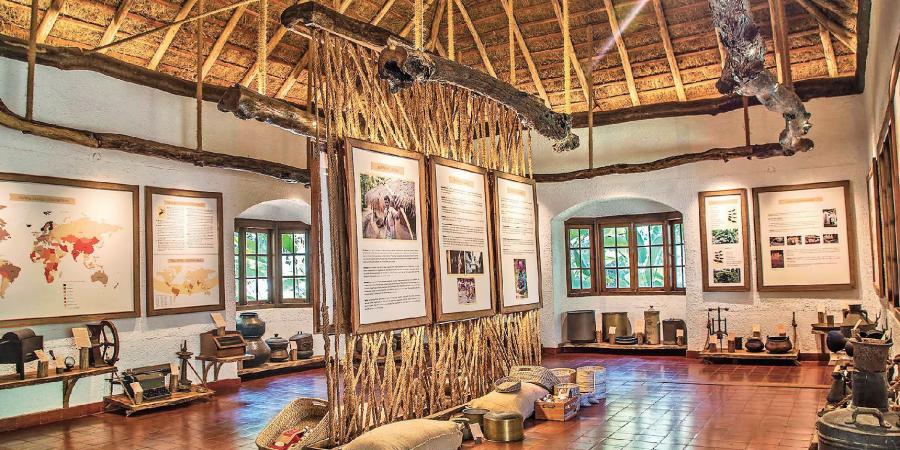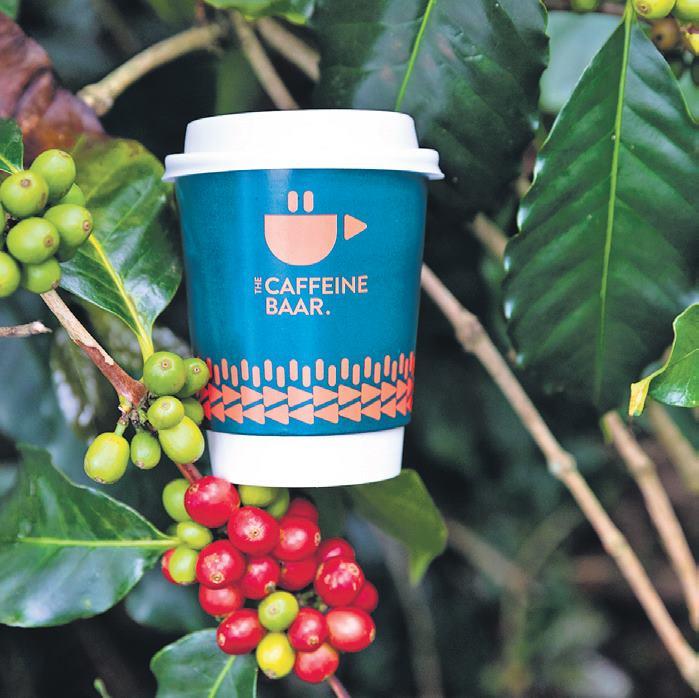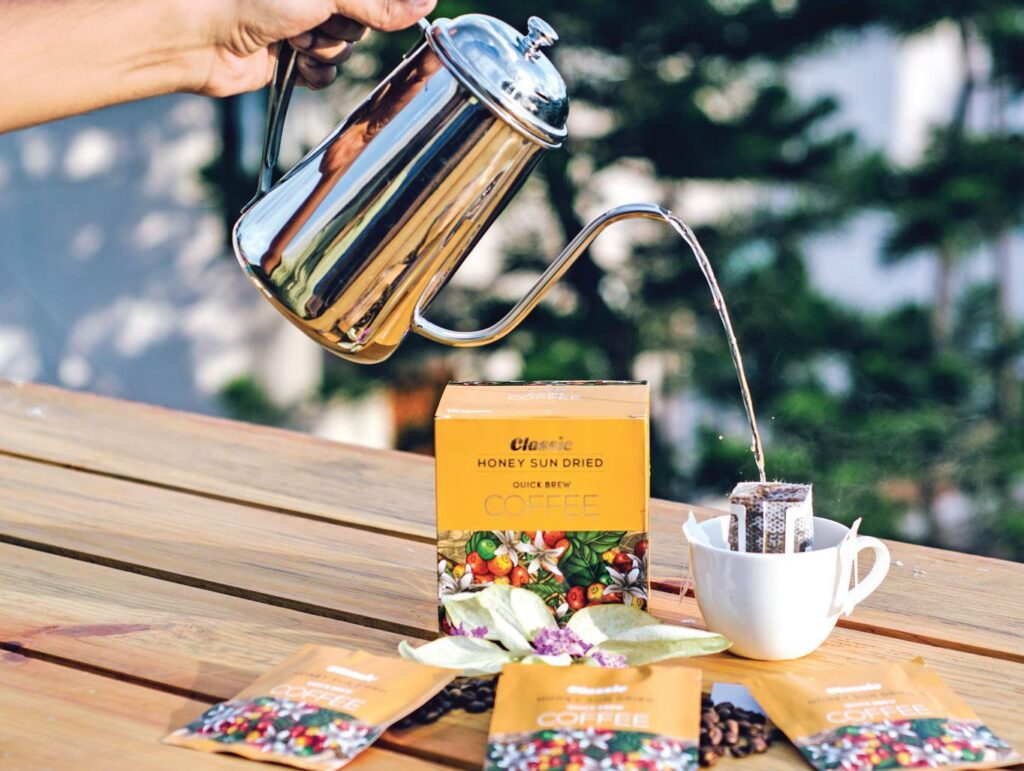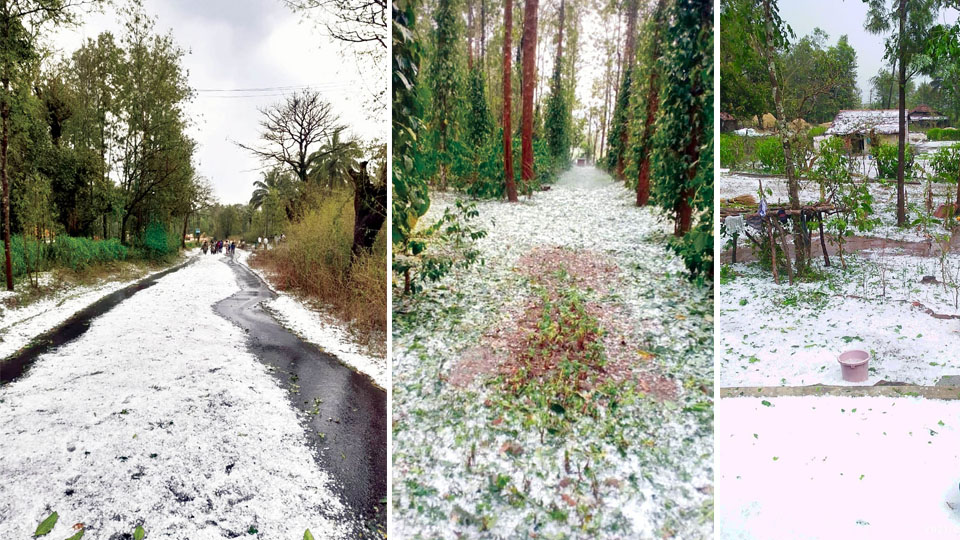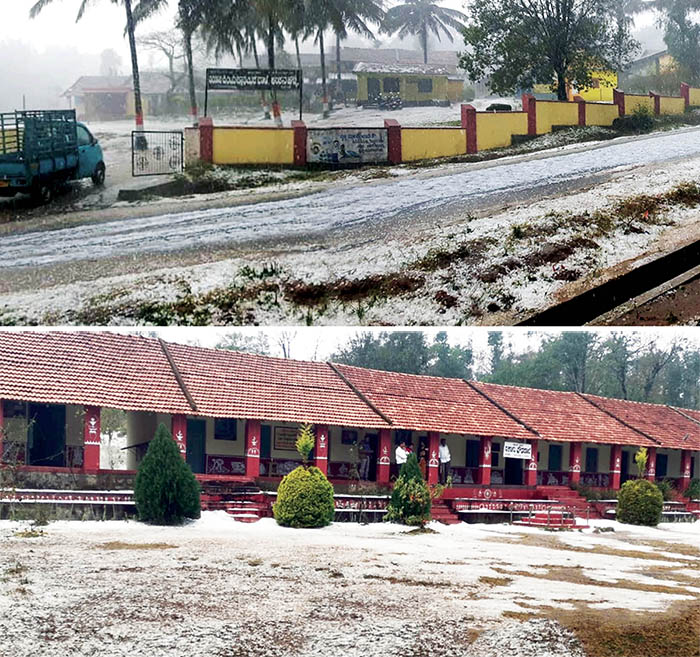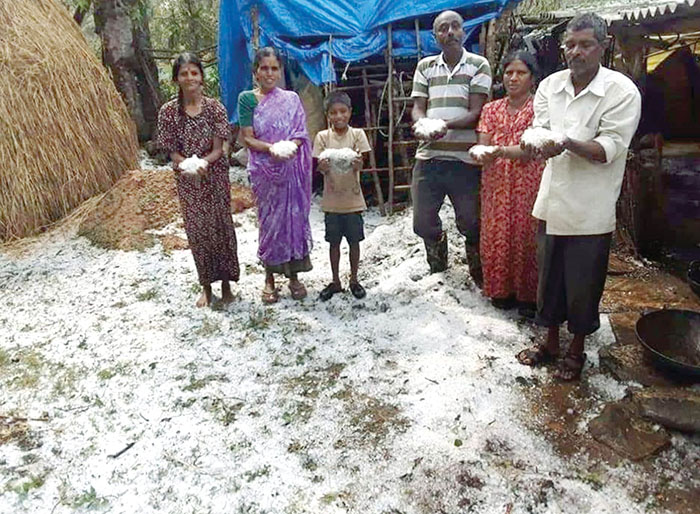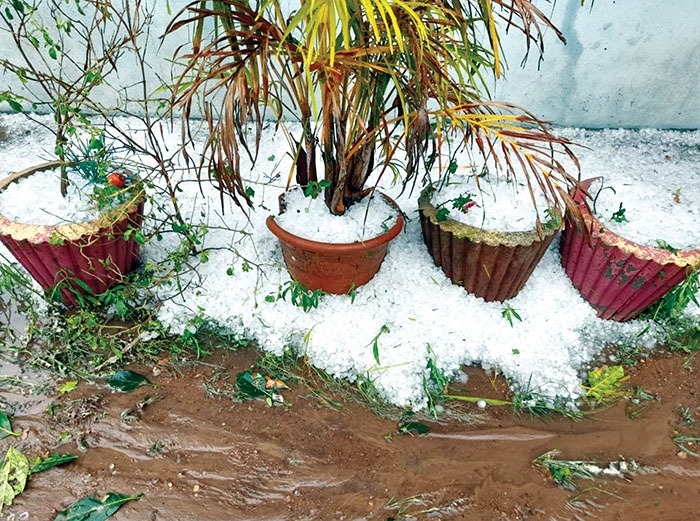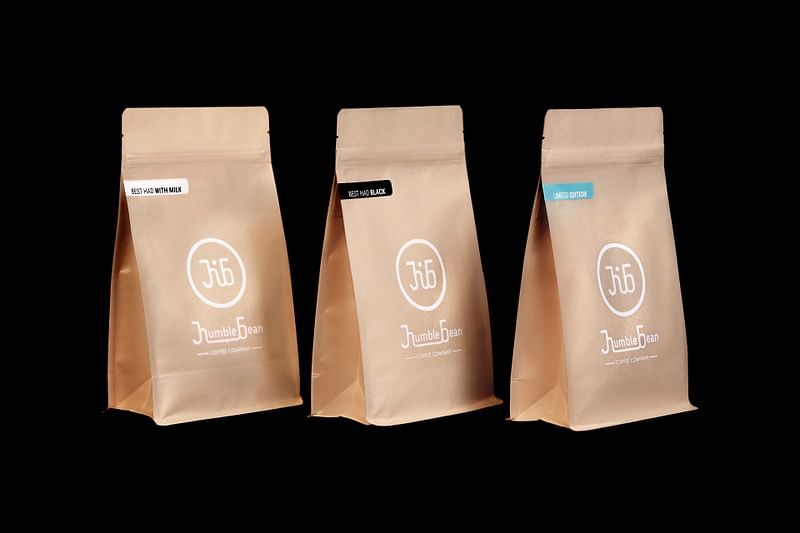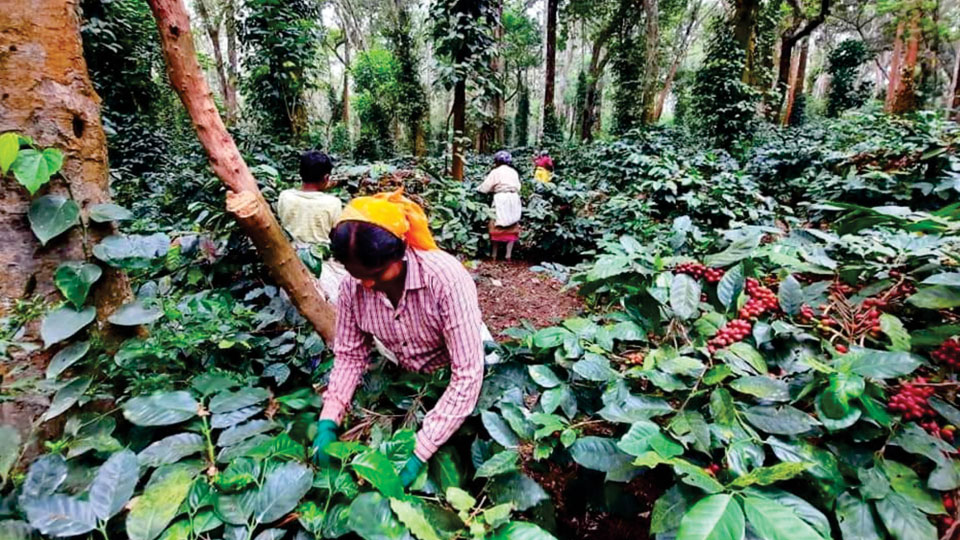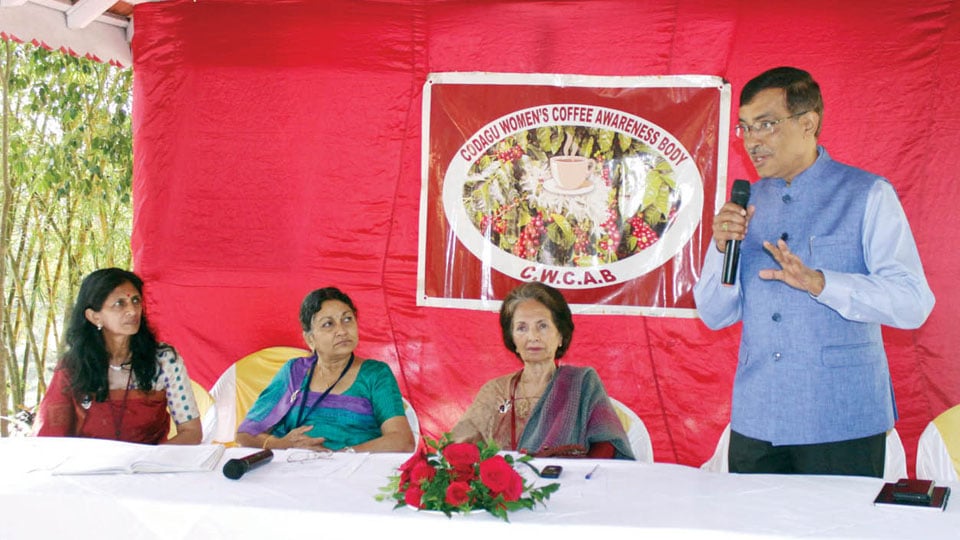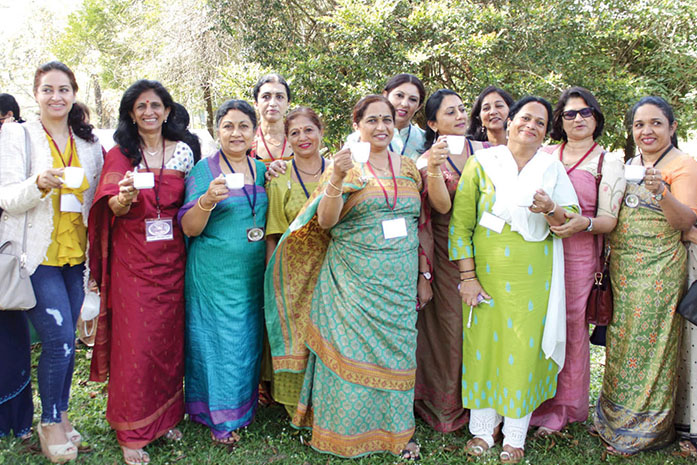Who on earth would like to miss a morning cup of hot steaming coffee?

Climate change could make about 50-88% of coffee-producing areas unsuitable and lead to an increase in pests and diseases, affecting its production and quality. There is an urgent need for research to save the bean from extinction.
Who on earth would like to miss a morning cup of hot steaming coffee? Coffee is becoming more popular, especially among the young around the world. Around 2.5 billion cups of coffee are consumed every day. The demand for coffee is projected to by 2050. But the question is: Can coffee supply be sustained?
Coffee is produced in around 70 countries but the dominant among them are Brazil, Vietnam, Columbia, Indonesia, Ethiopia, Honduras and India. Coffee is also the second-most traded commodity after petroleum oil, employing over 125 million people around the world. Most of the coffee grown is made up of two types: Coffea arabica and Coffea robusta, with the former making up 70% of all coffee grown globally.
In India, robusta dominates in terms of production. Karnataka is the dominant state producing coffee in India, accounting for nearly 70% of the total production, followed by Kerala. Together, they account for about 90% of the production. In India, the area under coffee cultivation is 4,16,741 hectares (ha). There are 3,79,697 coffee holdings, out of which most are smallholdings of less than 10 ha in size.
Weather and long-term climate patterns are very critical for growing coffee. Temperature and rainfall conditions are the main drivers determining the yield, production and quality. Altitude is another key factor. Robusta is slightly hardier, as it evolved in lowland equatorial Africa, but grows well in areas with abundant rainfall, which should be well distributed. The optimum temperature range for robusta is 24 to 30°C, but it is less tolerant to very high or very low temperatures. Currently, the annual and seasonal temperature and rainfall variability lead to fluctuations in yield in almost all coffee-growing countries, affecting supply and price.
Climate change is projected to impact all crops, including plantation crops. Changing climate and associated pest and diseases could adversely impact coffee-growing areas. Higher temperatures will not only favour the proliferation of certain pests and diseases but also kill large swaths of insects that pollinate coffee plants. As temperature rises, coffee ripens more quickly, leading to a fall in quality. Rising temperature is expected to make some areas less suitable or completely unsuitable for coffee cultivation.
A recent review of studies in 2020 concluded that all studies based on modelling predict that areas suitable for coffee cultivation could decline by about 50% under moderate climate change projection scenarios by 2050 for both arabica and robusta. Another study published in the journal Proceedings of the National Academy of Sciences concludes that the area unsuitable for coffee cultivation could be as high as 88% in Latin America, the dominant producer, by 2050. About half of the land around the world currently used to produce high-quality coffee could be unproductive by 2050, according to a recent study in the journal Climatic Change.
Thus, multiple studies show that climate change will have an extremely negative effect on future coffee production worldwide in terms of suitable cultivation areas, pest and diseases. Howard Schultz, who was the chairman of Starbucks — the largest global coffee chain — till 2017, is quoted to have said, “Climate change is going to play a bigger role in affecting the quality and integrity of the coffee.”
Coffee is a globally traded product and any impact on it in one part of the world will impact the rest, including India. International prices will determine the investment, income and survival of Indian coffee growers. If there is surplus production in Brazil and Columbia, prices in the international market will collapse. This will lead to a decline in market prices for Indian coffee, due to which farmers will experience heavy losses.
Research in India
There is limited research on the impact of climate change on coffee production in India. There are two ways the impact can be assessed: first, by long-term monitoring of changing climate and response of coffee production, which may take decades.
Modelling is another option to project the impact of climate change. There is limited modelling efforts globally and in India, in particular. With the current knowledge, one can conclude that climate change will have serious implications for coffee production and quality. We may have to brace for the disrupted supply of coffee and loss of aroma. According to climate change models, an increase of 20% to 25% in monsoon rainfall is projected for the Western Ghats districts of Karnataka and Kerala, along with the increased occurrence of high-intensity rainfall events. Further, increased warming of around 2 degrees Celsius is projected by the mid-2030s for these districts.
India has a Central Coffee Research Institute under the Coffee Board. Research on developing climate-resilient coffee varieties and cultivation practices would require several years or decades. Further, there is a need for extension service to train farmers in new practices, especially since a majority are smallholdings. In the meantime, coffee growers may need increased protection, price and insurance support from the Government of India and Karnataka.
In response to the risk of climate change on coffee, a global alliance of companies has been formed (‘Coffee and Climate’) with an objective to develop and implement coping strategies and to support smallholders to adapt to climate change, and ultimately to increase the resilience of entire coffee landscapes. Even Starbucks is conducting dedicated research and training of coffee growers in adaptation to climate change. Hope the Coffee Board also takes serious note of the threat of climate change and implement strategies to develop resilient varieties and practices, not only to help coffee growers sustain production, but also to ensure that hundreds of millions of coffee lovers continue to enjoy their morning cup.
(The writer is a retired professor, Indian Institute of Science, Bengaluru)
source: http://www.deccanherald.com / Deccan Herald / Home> Opinion> Perspective / by N H Ravindranath / April 22nd, 2021
